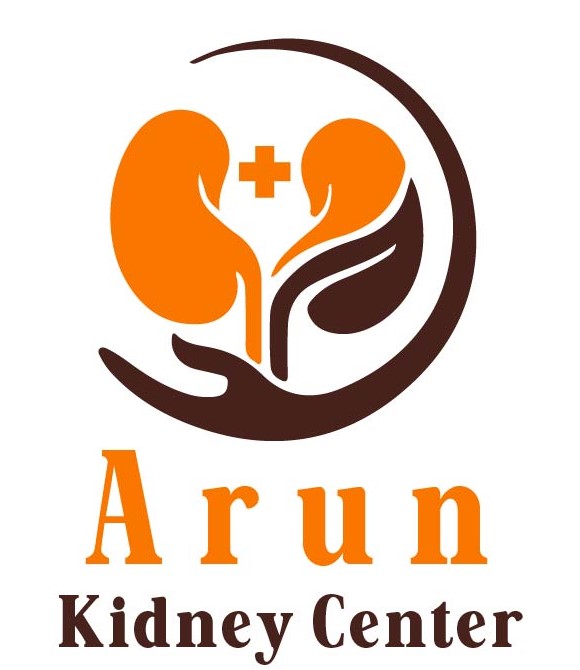What is Chronic Kidney Disease?
Chronic kidney disease (CKD) means your kidneys are slowly losing their ability to work well. Kidneys help remove waste and extra water from your blood. When they do not work properly, waste can build up in your body. CKD is common around the world, including in the United States. Early detection and care can help slow down the disease.
Why Do CKD Stages Matter?
Doctors use chronic kidney disease stages to show how much your kidneys are working. Each stage tells you how serious the problem is. Knowing your stage helps you and your doctor choose the best treatment. It also helps you understand what changes you may need to make in your daily life.
CKD Stages Explained
CKD has five stages. Each stage is based on how well your kidneys filter blood. This is measured by a test called eGFR (estimated glomerular filtration rate). The lower your eGFR, the less your kidneys are working.
Stage 1: Mild Kidney Damage
Even so, it is important to find and treat the cause early.
Stage 2: Mild Loss of Function
At this stage, you can often slow down the disease with healthy habits.
Stage 3: Moderate Loss of Function
Because symptoms may start, it is important to follow your doctor’s advice closely.
Stage 4: Severe Loss of Function
At this stage, you need close medical care and planning for the future.
Stage 5: Kidney Failure
Immediate medical attention is required at this stage.
Common Causes and Risk Factors for CKD
Several things can increase your risk of chronic kidney disease. Knowing these can help you take steps to protect your kidneys.
If you have any of these risk factors, regular kidney checks are important.
Diagnosis and Tests
Doctors use simple tests to find out your chronic kidney disease stage. These tests help track how well your kidneys are working.
Because CKD often has no early symptoms, these tests are key for early detection.
Treatment and Lifestyle Recommendations
Treatment depends on your chronic kidney disease stage. Early stages focus on slowing the disease. Later stages may need more care.
Stages 1 and 2
Stage 3
Stage 4
Stage 5
Because treatment can be complex, always follow your doctor’s advice.
Prevention Tips and Early Intervention
Although not all kidney disease can be prevented, you can lower your risk. Early action makes a big difference.
Because early CKD often has no symptoms, regular tests are important for those at risk.
When to Seek Medical Advice
If you notice any of these signs, talk to your doctor:
Even if you feel fine, regular check-ups can catch problems early. Early treatment can help protect your kidneys.
Conclusion
Chronic kidney disease stages help you and your doctor understand your kidney health. Because early care can slow the disease, knowing your stage is important. If you have concerns about your kidney health, consult a healthcare professional for personalized advice.
Sources: Centers for Disease Control and Prevention (CDC), World Health Organization (WHO), National Kidney Foundation.

